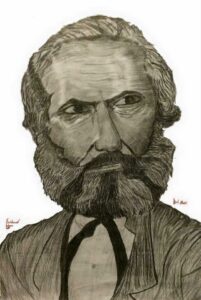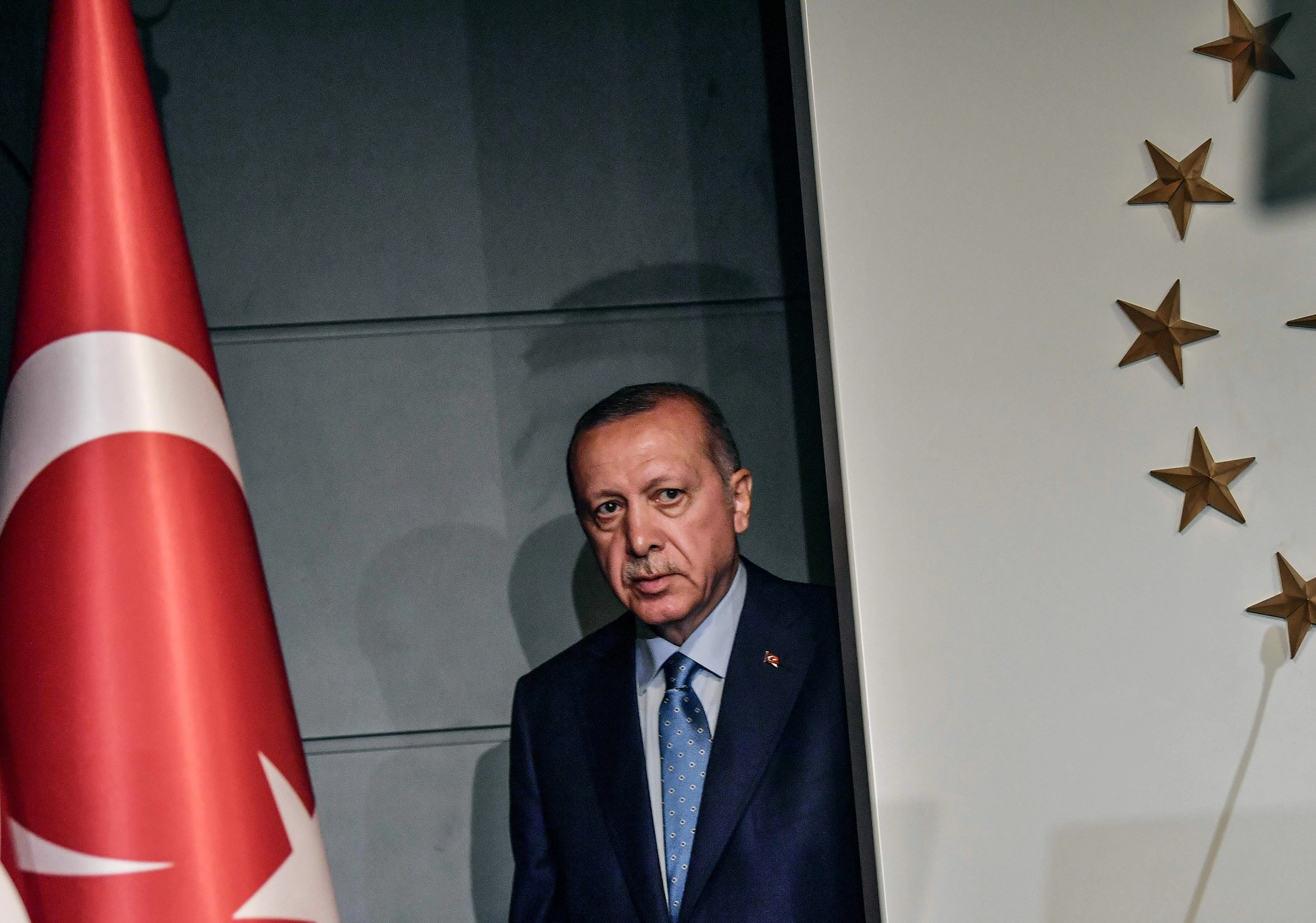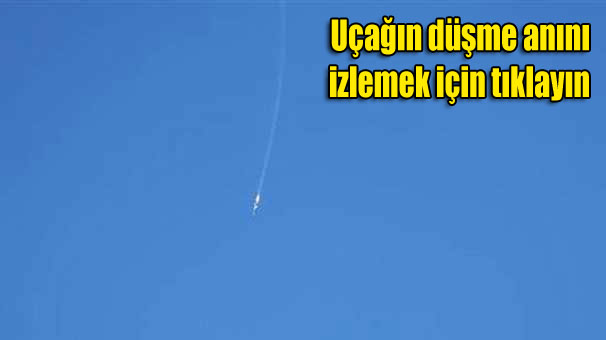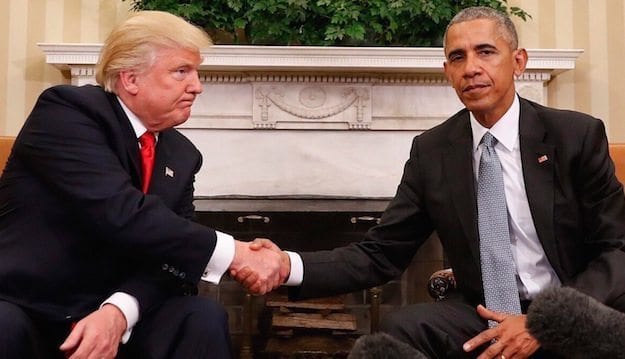| By Ferruh Demirmen, Ph.D.
Turks are by now accustomed to deliberate twists and deceptions from the Armenian side on the allegations of “Armenian genocide.” The “Andonian telegrams,” the “Hitler quote,” the Holocaust analogy, the “pyramids of human skulls,” and of course, the 1.5 million Armenian deaths, are some of the examples that come to mind. But we now have, in the wake of the ECHR decision on the Switzerland-Perinçek case, a new twist: peddling a humiliating legal defeat as a victory.
It is not a trivial matter. The Grand Chamber of the European Court of Human Rights (ECHR), in its October 15, 2015 judgment, ratified, by a majority vote, the Second Chamber’s decision that Switzerland had violated Turkish politician Doğu Perinçek’s freedom of expression when it penalized him for calling “Armenian genocide” an international lie. The ratification alone was a big blow to the Armenian side, who had lobbied for criminalization of “genocide denial.”
But the Grand Chamber went further and let stand the lower chamber’s ruling that (a) Armenian “genocide” is controversial, hence unproven; (b) there can be no comparison between the Jewish Holocaust and the 1915 events in Ottoman Anatolia. These two findings further undercut the Armenian narrative.
Upset by the lower chamber’s December 17, 2013 decision, the Armenian side had lobbied Switzerland to appeal the lower chamber’s findings to the Grand Chamber. Third-party comments were received from Armenian, French and Turkish governments, and several NGOs and individuals. In addition, Armenia was allowed to participate as a third party in the hearing.
Upon the announcement of the Grand Chamber’s decision, the well-tuned Armenian spin machine immediately went into action. It was a concerted effort to downplay a humiliating defeat through a series of twists and pretenses.
Armenian Government
The Armenian Government issued a press release, noting that the Armenians’ right to have their dignity recognized under Article 10 of the European Convention on Human Rights (related to freedom of expression) was held by the Court, but that the Swiss law had been applied “inadequately” in the Perinçek case. It concluded, inexplicably, that criminalization of the Armenian Genocide denial are “generally considered legitimate,” and that “all the claims submitted with the Court by the Armenian Government were satisfied.”
An amazing statement altogether! No one, and certainly not Dr. Perinçek, had questioned the dignity of Armenians, and that Article 10 applied to Armenians as well. But arguing that “all the claims” of the Armenian Government had been “satisfied,” was a real stretch!
And if the “Swiss law” had been applied “inadequately” (contravened Article 10), why blame the ECHR for that?
Armenian Advocacy Organizations
The European Armenian Federation issued a statement “welcoming” the Grand Chamber’s decision, focusing on the “right to dignity” protection, while the Turkey-based Human Rights Association (HRA) and the Truth Justice and Memory Center criticized the ECHR for failing to take into account that its decision would “threaten the livelihood and safety of the Armenian community” in Turkey.
The safety claim is no more than a hype, as no proof or explanation was provided – and could have been provided – how the ECHR decision could threaten the Armenian community in Turkey.
The Turkey-based organizations also argued that the ECHR judgment was based on a “geographical” consideration, meaning that Dr. Perinçek’s “denial of Armenian genocide” had not instigated hatred or violence against the Armenian community in Switzerland, but that the decision could have been different in a different “geography.”
Again, this is a specious argument aimed at camouflaging the thrust of the ECHR decision. There is no substance to the claim that repudiation of Armenian allegations – whatever the geography – incites violence against Armenians. On the contrary, experience has shown – re: ASALA/JCAG Armenian terror targeting Turkish diplomats – that, it is the unsubstantiated Armenian genocide claims and distortions that generate anti-Turkish hatred in the minds of Armenians, leading to violence.
The Switzerland-Armenia Association (SAA) was more realistic in its reaction, characterizing the ECHR verdict “appalling” and “deeply shocking.” But it retorted that the freedom of expression, which Dr. Perinçek admittedly enjoyed, “cannot be misused for rewriting history.”
“Rewriting history”? Turn that statement around and ask: How do the “genocide” pundits, while cleverly avoiding scholarly discussion with their counterparts, respect and remain truthful to history when they peddle the genocide narrative day after day, loudly and vehemently, based largely on distorted evidence and fabrications? Further, they do not have a single court verdict to prop up their allegations.
The Armenian National Committee of America (ANCA), the premier Armenian lobbying group, took refuge in the “right to dignity” and “geography” arguments, and criticized the Grand Chamber for offering protection for “hate speech.” The ANCA statement then conveniently focused on the views of dissenting judges, completely ignoring the majority decision.
The “hate speech” attribution was particularly galling, considering how the ANCA-inspired anti-Turkish rhetoric over the years helped create a generation of Armenians espousing animosity, even hatred, against Turks.
Harut Sassounian
Not to be outdone, Harut Sassounian, the consummate Armenian lobbyist, in an article published in The California Courier on October 20, 2015, stretched the Armenian argument to the extreme by making incredible statements. Mr. Sassounian not only tried to take comfort in the minority opinion, he claimed that the Grand Chamber had contradicted the lower chamber’s “unwarranted opinion” regarding the “Armenian genocide” being questionable.
This assertion was nonsense, as the Grand Chamber let the lower chamber’s decision on the validity of Armenian claims stand. By doing so, The Grand Chamber implicitly accepted the lower chamber’s position.
The lobbyist also asserted that the Switzerland-Perinçek case was not about the “legal characterization” of the 1915 events, totally ignoring the overriding importance of the 1948 UN Convention.
Mr. Sassounian went further and accused the Grand Chamber of “inciting Armenians to resort to violence to satisfy the Court’s requirement that genocide denial” is justified if it provokes violence. This was not only a reprehensible assault on the motives of the Grand Chamber, it was alarming. Such language could encourage excitable Armenian youths to resort to violence against Turks so as to “satisfy the Court’s requirement.” Public prosecutors could take a dim view of such language.
The Famed Lawyers
But from the publicity point of view, at least, the Grand Prize for Armenian sophistry on the Grand Chamber judgment goes to Geoffrey Robertson QC and Amal Clooney, who, as lead counsels, had represented Armenia in the Court proceedings. The reputation or name recognition of the lawyers made the Armenian defeat all the more ironic, glaring and humiliating.
On the day the Grand Chamber issued its judgment, Mr. Robertson and Mrs. Clooney issued a joint statement. While making reference to the minority opinion of the Court and the “right to dignity” proposition, the lawyers declared they were “pleased” with the ECHR judgment, that the Court had “endorsed” their argument, and that the decision was a “victory” for Armenia.
The lawyers continued to assert that the Grand Chamber had “corrected” the lower chamber’s decision (a “grave error”) regarding the “Armenian genocide” being doubtful, intimating that “genocide” remained a proven fact.
The lawyers took a swipe at Turkey’s record on freedom of expression, while they ignored, blissfully, Dr. Perinçek’s right to freedom of expression when he denied “Armenian genocide.”
There was more to their claims. In their pronouncement the lawyers used the word “rant” to refer to Dr. Perinçek’s legal defense, and they called him a “provocateur.” Such disparaging language brought to mind Mr. Robertson’s diatribe at Dr. Perinçek during the Grand Chamber hearing when he, in a theatrical demeanor, referred to Dr. Perinçek with such characterizations as “ideologically vapid,” “this man,” “a vexatious litigant, a pest.”
Such language was not only disrespectful of a high court such as the ECHR, it was unfitting, even shameful, for a jurist carrying the title “QC.”
All in all, the grotesque mischaracterization in Mr. Robertson and Mrs. Clooney’s statement was a publicity stunt aimed at downplaying the crushing defeat they suffered at the Grand Chamber. From an attorney-client point of view, their pronouncement can also be seen in the context of justifying the generous compensation they must have received for their “services.” Armenia and the Diaspora should honestly ask themselves whether they got their money’s worth.
The Sequel
All that said, there was further irony to Mr. Robertson’s and Mrs. Clooney’s involvement with the Armenian cause. During a Gala held on October 25, 2015 by the ANCA Western Region at Century City, California, the two lawyers were presented “2015 Advocates for Justice Award” in honor of their “tireless commitment and exceptional contributions toward protecting, promoting, and advancing the Armenian Cause.”
The lawyers were introduced in glowing terms by none other than Mr. Sassounian.
Upon receiving his award and accepting another on behalf of Mrs. Clooney, Mr. Robertson recited the “legal accomplishment” the Armenian side had achieved at ECHR, to be followed, he added, by “reparations” to be paid by Turkey. He lamented that Armenia’s legitimate rights in Nagorno-Karabakh (“Land of ancient Artsakh”) had not yet been met, and relayed the message from Mrs. Clooney that she and husband George Clooney would be traveling to Armenia next April 24th.
A guest of honor at the Gala was Mourad Topalian, a former ANCA chairman who, in 2001, was convicted and sentenced to 37 months of jail service in federal prison for storage of stolen explosives and owning machine guns. That was reminiscent of Armenian terrorist Varoujan Garabedian being given a warm welcome in Armenia after he was released from French prison in 2001, having served 17 years of his life sentence.
A video highlighting Pope Francis’ speech recognizing “Armenian genocide” at the Vatican mass on April 12, 2015 was shown, and, not surprisingly, a donation of $50,000 was pledged to ANCA Western Region.
Conclusion
Reading the responses of different Armenian sources to the Grand Chamber judgment, one would think that the Armenian side came out triumphant. However, the reality is just the opposite. Notwithstanding their boastful language, the Armenian camp in fact suffered a humiliating defeat. The Grand Chamber’s ruling on Dr. Perinçek’s freedom of expression, and its decision to let stand two basic findings of the lower chamber, speak clearly and loudly in favor of the Turkish side. No amount of spinning and hyperbole can alter that fact.
The “right to dignity” recognition granted by the Court to the Armenian side is a universally applicable privilege, and does not in any way signal a particular achievement for the litigant. Likewise, the “geography” caveat is a natural and necessary component of the freedom of expression embodied in Article 10 of the Convention, and signifies no particular feat for the Armenian side.
The near-congruence of arguments emanating from different Armenian sources to the ECHR decision suggests a pre-planned, coordinated response to what was expected be an unfavorable judgment from the Grand Chamber. The law was clearly on Dr. Perinçek’s side, and the Armenian side knew it. But the Diaspora, in particular, felt that it had to project a semblance of victory – no matter what the outcome. The thought of failure was unbearable. Hence the embellishments in argumentation and the well-coordinated spin machine to deflect from truth.
A further conclusion from the ECHR litigation is that the Armenian side will henceforth avoid legal recourse to press its genocide allegations. Not only the historical evidence, but also the absence of a court verdict, as well the non-retroactivity of the 1948 UN Convention, make a legal recourse for the Armenian side rather unpalatable. That means more propaganda, more political pandering, and more media blitz. |







